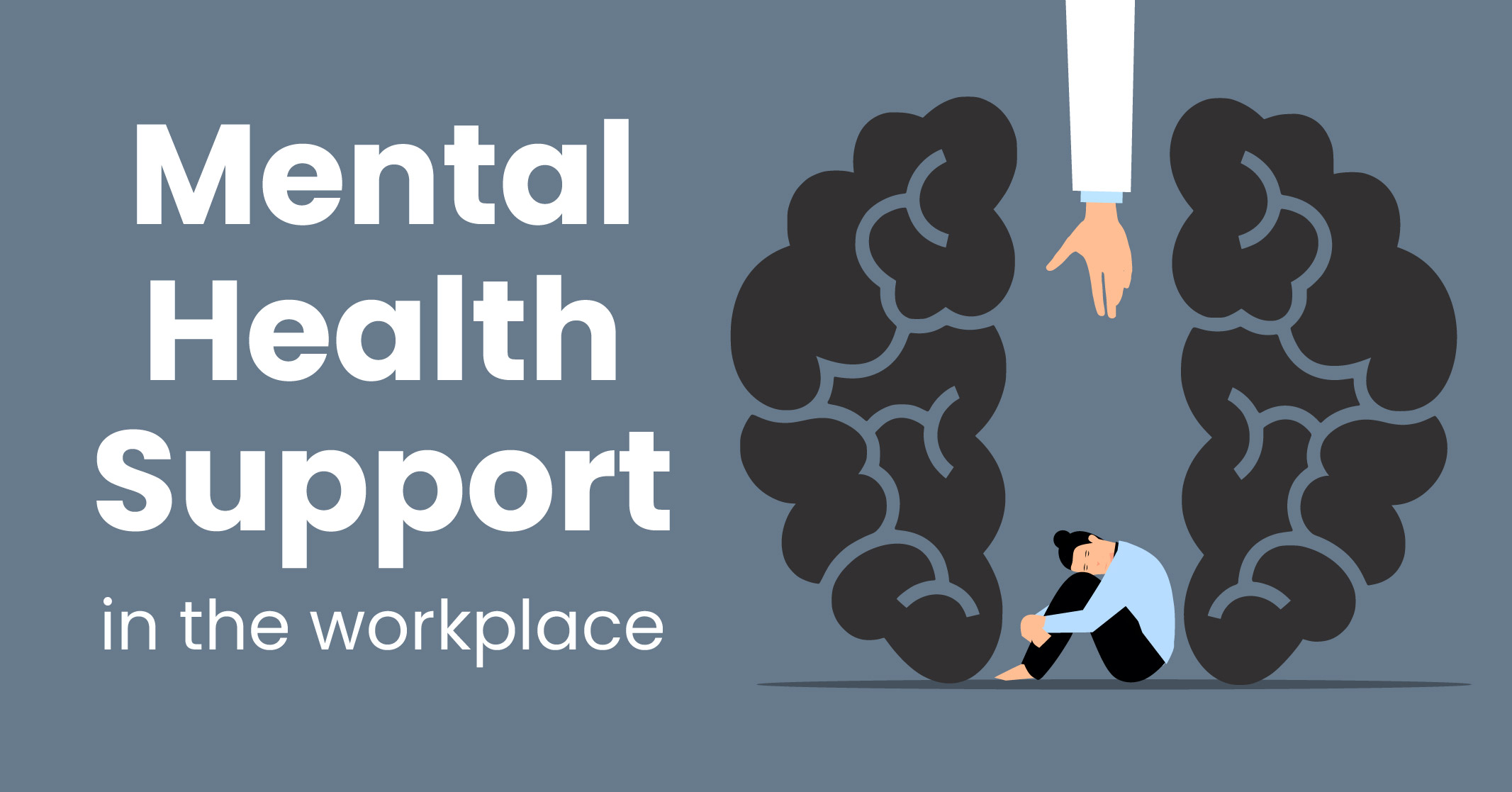Inpatient Mental Health And Wellness Solutions: A Course to Healing and Security
Inpatient psychological wellness solutions play a critical duty in addressing severe mental situations, using a very carefully organized environment that cultivates healing and stability. The complexities of the admission procedure and the importance of aftercare raising critical questions concerning access and efficiency in the wider context of psychological health and wellness treatment.
Understanding Inpatient Mental Wellness Providers
Inpatient psychological wellness services are vital for giving structured and intensive care to people experiencing serious psychological distress or mental disease. These services generally involve the admission of people to specialized centers where they receive round-the-clock supervision and support from a multidisciplinary team of mental wellness experts. The primary objective of inpatient treatment is to maintain clients, guaranteeing their security and dealing with severe signs and symptoms that may posture a threat to themselves or others.
Inpatient programs often include a range of healing treatments, including individual and team therapy, medication monitoring, and psychoeducation. The structured setting is designed to promote recuperation by using a regular regimen, lessening exterior stressors, and promoting the growth of dealing strategies.
When outpatient treatment alternatives have actually shown inadequate or when an individual is in situation,Admission to inpatient solutions is normally thought about. Facilities may vary in terms of their certain emphasis, with some focusing on certain problems such as anxiousness, anxiety, or compound use. With thorough evaluations and tailored treatment strategies, inpatient psychological health solutions intend to offer the essential support for individuals to gain back stability and prepare for a change to less extensive levels of care.
Benefits of Inpatient Treatment
The advantages of inpatient care are significant, specifically for individuals encountering severe mental health difficulties. Inpatient therapy gives an organized atmosphere that promotes healing by minimizing stress factors and diversions related to every day life. This regulated setup permits patients to concentrate only on their mental wellness, helping with the required time for healing.
Furthermore, inpatient treatment offers 24/7 access to medical and restorative assistance. This consistent schedule ensures that clients can receive instant attention during dilemmas, which is vital for those experiencing severe episodes - inpatient mental health treatment. The collective strategy amongst clinical team, including therapists, registered nurses, and psychiatrists, enhances the top quality of care and advertises a thorough treatment plan tailored to private demands
Furthermore, the common aspect of inpatient treatment fosters a sense of belonging and support among clients. Group therapy sessions and shared experiences can reduce sensations of isolation, urging individuals to take part in their healing actively.
In addition, inpatient programs often give people with important coping methods and skills that can be testing to develop in outpatient settings. By dealing with underlying issues within a helpful structure, inpatient care can bring about more stable outcomes and a smoother transition back to daily life, ultimately paving the course to continual recovery.
Treatment Methods and Therapies
Various treatment approaches and therapies are used in inpatient mental health services to attend to the one-of-a-kind needs of each client. These methods are made to assist in recuperation and promote emotional security in a Visit Your URL structured environment.

Cognitive Behavior Modification (CBT) is a commonly utilized strategy, helping individuals in determining and changing adverse thought patterns that add to their psychological health and wellness concerns - Inpatient Mental Health Program. Dialectical Behavior Modification (DBT) is another effective technique, specifically for those with borderline personality condition, focusing on emotional law and social effectiveness
Pharmacotherapy plays a vital role in treatment, with psychiatric medicines prescribed to manage signs and symptoms of conditions such as clinical depression, schizophrenia, and anxiety. Routine surveillance and modifications ensure the performance of these medicines while reducing negative effects.
Group treatment cultivates a feeling of neighborhood and assistance among clients, allowing them to share experiences and dealing strategies. Furthermore, holistic treatments, such as art and music therapy, promote self-expression and psychological healing.
Inevitably, the mix of these varied restorative methods offers a thorough therapy strategy tailored to every person's certain needs, aiming to boost their general well-being and assist in a successful shift back right into everyday life.
The Admission Refine
Browsing the admission process for psychological health and wellness services is a vital first action towards healing. During this assessment, the person's psychological health and wellness background, signs and symptoms, and immediate needs are thoroughly taken a the original source look at.
Once the evaluation is completed, the following action involves discussing the prospective treatment choices. The specific and the treatment team collaboratively choose the very best strategy, which might include inpatient treatment if the circumstance is considered severe. This is followed by the completion of necessary documentation, including insurance policy verification and approval forms, to guarantee that all legal and financial elements are attended to.
In addition, household participation might be urged throughout this phase to supply assistance and gather viewpoints on the individual's circumstance. Ultimately, the admission process intends to produce a encouraging and risk-free setting for the individual, enabling a smooth shift into inpatient care. By recognizing and taking part in this process, people can take an important step towards accomplishing mental wellness security and recovery.

Aftercare and Ongoing Support
After completing an inpatient psychological wellness program, individuals typically encounter the review crucial job of transitioning to aftercare and recurring assistance, which are important for sustained recuperation. This phase is crucial for enhancing the skills and coping systems learned throughout the inpatient stay, ensuring that people proceed to advance in their mental wellness trip.
Aftercare generally involves a mix of outpatient therapy sessions, support system, and medicine administration. Taking part in normal treatment permits individuals to address continuous challenges and establish approaches to manage stress factors in their day-to-day lives. Assistance teams give a sense of community and shared experience, promoting connection and understanding among peers encountering similar battles.
Furthermore, recurring support might consist of family involvement, where liked ones are enlightened regarding psychological wellness concerns and encouraged to take part in the recovery procedure. This holistic method produces a robust support network, boosting the individual's possibilities of long-lasting stability.
Eventually, aftercare and recurring support function as a bridge in between inpatient therapy and independent living, empowering people to navigate their psychological wellness difficulties with resilience and confidence. Prioritizing these sources is important for cultivating a lasting recovery trajectory.
Final Thought

Inpatient psychological health and wellness solutions play a vital function in resolving intense psychological situations, using a carefully structured setting that fosters recovery and stability.Inpatient mental health and wellness solutions are necessary for offering organized and extensive care to individuals experiencing serious mental distress or mental disease. Through extensive evaluations and customized treatment plans, inpatient psychological health and wellness solutions intend to give the needed support for people to gain back security and prepare for a transition to much less extensive levels of treatment.
